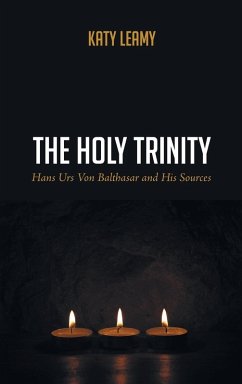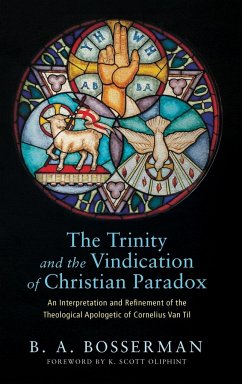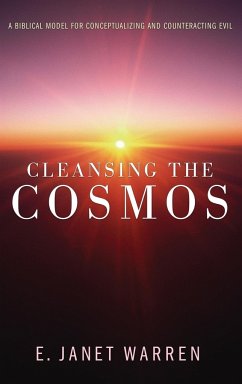Nicht lieferbar

The Trinitarian Self
The Key to the Puzzle of Violence
Versandkostenfrei!
Nicht lieferbar
The Trinitarian Self argues that the insights of three key authors--Soren Kierkegaard, Eric Voegelin, and Rene Girard--can be synthesized to produce a Trinitarian theological anthropology. Their reflections on the deep roots of human behavior illuminate three structural dimensions of human existence: the temporal trajectory of selfhood, the vertical axis (God and nature), and the horizontal plane of cultural formation. An understanding of these dimensions and how they interrelate proves very fruitful in making sense of a wide variety of pathological forms of behavior that human beings have eng...
The Trinitarian Self argues that the insights of three key authors--Soren Kierkegaard, Eric Voegelin, and Rene Girard--can be synthesized to produce a Trinitarian theological anthropology. Their reflections on the deep roots of human behavior illuminate three structural dimensions of human existence: the temporal trajectory of selfhood, the vertical axis (God and nature), and the horizontal plane of cultural formation. An understanding of these dimensions and how they interrelate proves very fruitful in making sense of a wide variety of pathological forms of behavior that human beings have engaged in during the modern era. This work links together in thought-provoking ways various realms of thought, such as Trinitarian theology, a plea for a "New Copernican Revolution" that will result in a broadly held psychological understanding of violence, the ethics of war and peace, atonement theologies, and critical commentaries on terrorism and the war on terror. The interplay between these topics will likely prove very stimulating to a wide variety of readers.















